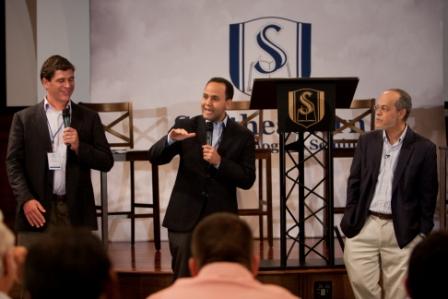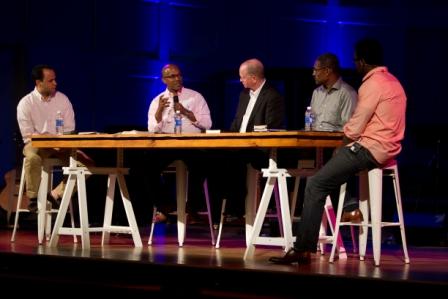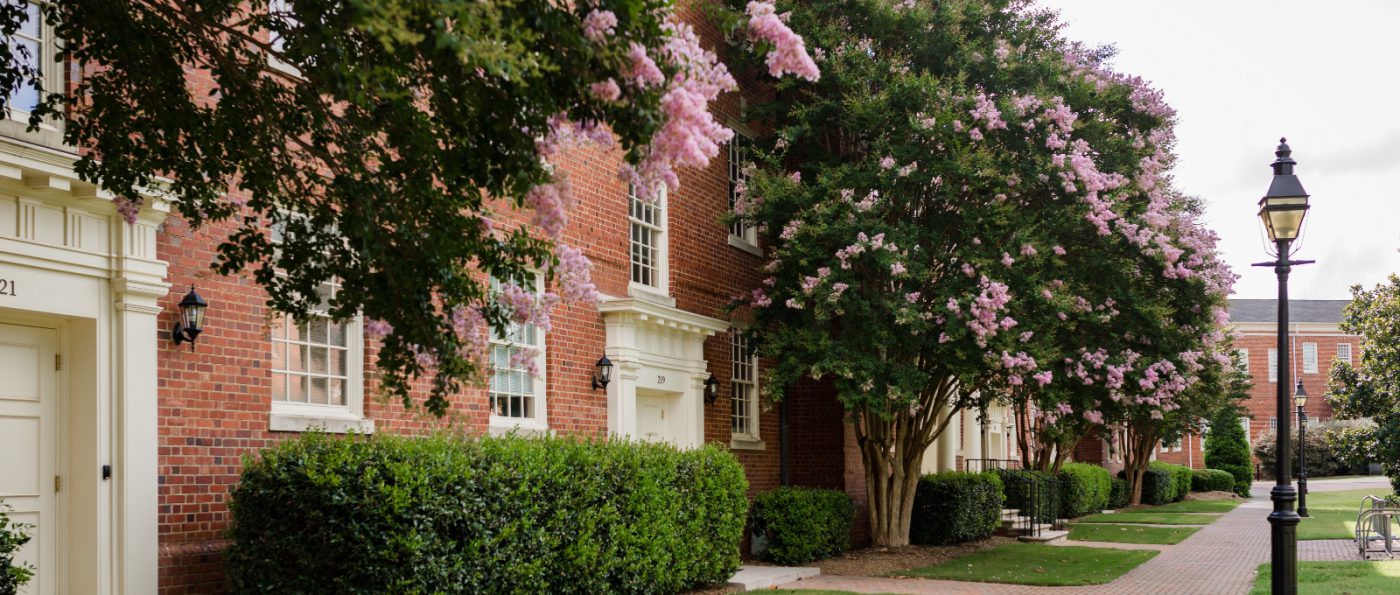|
The issues of race and ethnicity have shaped the landscape of our society and unfortunately the same can be said about the Body of Christ. The Southern Baptist Convention’s tumultuous history with race began with its establishment in 1845 with the affirmation of slavery. However in 1995, Southern Baptists publicly repented of their position on slavery and earnestly desire to cultivate a denomination that represents the universality of the people of God. Southern Baptists publicly repented of their position on slavery and earnestly desire to cultivate a denomination that represents the universality of the people of God.
As a Great Commission seminary, Southeastern affirms that racial reconciliation is hardwired into the Great Commission. To that end, the fall of 2013 marks the beginning of Southeastern’s seminary-wide strategic initiative called, “Kingdom Diversity.” Our desire is to recruit and equip students from every corner of the Kingdom, to serve in every context of the Kingdom.
Our Goal
Our goal of pursuing Kingdom Diversity is deeply theological. God inscribed the unity and diversity of the Godhead into his good creation. From ground we walk on, to the people who inhabit the earth, God’s multifarious beauty was made manifest. Subsequently, the fall in Genesis 3 distorted the divine reflection that was embedded in creation. A symptom of humanity’s fallen state is strife along the lines of difference, including race. Through Christ, and by the outpouring of the Holy Spirit, God’s people are enabled to display God’s redemptive power by simultaneously embracing and transcending the differences that enrich the tapestry of the Kingdom. Southeastern seeks to equip our students to fulfill this glorious commission.

To that end, the following benchmarks have been established because they are indicative of a campus that seeks to equip the people of God to cleanse our culture from the residue of racial brokenness.
- We will strive to foster a campus environment that encourages God-honoring interaction across racial and cultural lines.
- Increase the recruitment and retention of qualified ethnic minorities, women, and other underrepresented groups among students, faculty and staff. By 2022 SEBTS aims to be comprised of 20% non-white students, 15-20% non-white faculty, 15-20% non-white staff, and 35% female (institution wide).
- Conduct faculty development and curriculum reform to assist students to minister to people who do not share the same ethnic and cultural background.
- Build and strengthen partnerships with diverse churches, church networks and educational institutions.
- Emerge as a servant to SBC churches (and beyond) as a resource to help foster diversity within the church and the broader denominational environment.
|
